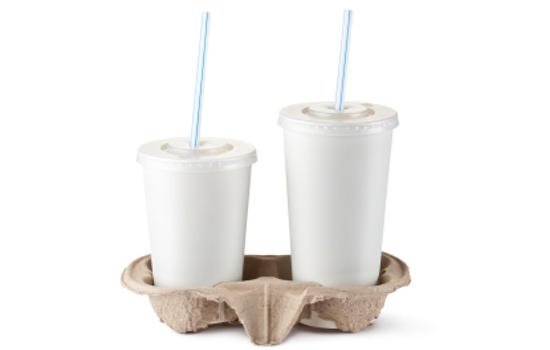Do you have a sugary beverage habit? If you drink one cola a day, you are increasing your odds of developing liver disease. The same is true if you drink other sugar-sweetened carbonated beverages, fruit punches, or lemonade on a daily basis.
Researchers at Tufts University asked over 2,600 mostly white, middle-aged men and women about their consumption of caffeinated- and caffeine-free colas, other sugar-sweetened carbonated beverages, fruit punches, lemonade, or other non-carbonated fruit drinks.
A CT scan was performed on each participant to measure the amount of fat in the liver and identify the presence of non-alcoholic fatty liver disease (NAFLD).
People who drank more than one sugary beverage a day had a higher prevalence of NAFLD than those who did not consume sugar-sweetened beverages. Even after the researchers adjusted for age, sex, body mass index, and dietary and lifestyle factors (calorie intake, smoking, alcohol intake), the relationship persisted. No association was found between the consumption of diet cola and NAFLD.No association was found between the consumption of diet cola and non-alcoholic fatty liver disease.
“Our study adds to a growing body of research suggesting that sugar-sweetened beverages may be linked to NAFLD and other chronic diseases including diabetes and cardiovascular disease,” Jiantao Ma, Ph.D., one of the study’s authors, said in a statement.
Fructose is present in most of the sugar-sweetened beverages on the market, and it is a sugar that some experts suspect may increase the risk of NAFLD because it is metabolized differently from other sugars. Glucose is metabolized throughout the body, but fructose is metabolized almost entirely in the liver.
NAFLD refers to the build-up of extra fat in the cells of the liver that is not due to alcohol consumption. While it is normal for the liver to contain some fat, if fat makes up more than 5 to 10 percent of the liver’s weight, it is called a fatty liver.
Up to 25 percent of Americans are affected by NAFLD, though many have no symptoms. The disease is diagnosed by CT, MRI, ultrasound, or biopsy. Those who are overweight or obese are at greater risk for NAFLD, and individuals with NAFLD have an increased risk of developing cardiovascular disease and type 2 diabetes.
According to Ma, there have been few observational studies that have looked at the relationship between sugary beverages and NAFLD. More research is needed to determine the role of sugary beverages in the development of NAFLD.
Nicola McKown, Ph.D., senior author of the study, added, “Although there is much more research to be done, sugar-sweetened beverages are a source of empty calories, and people need to be mindful of how much they are drinking, perhaps by reserving this habit for special occasions.”
The study is published in the Journal of Hepatology.





